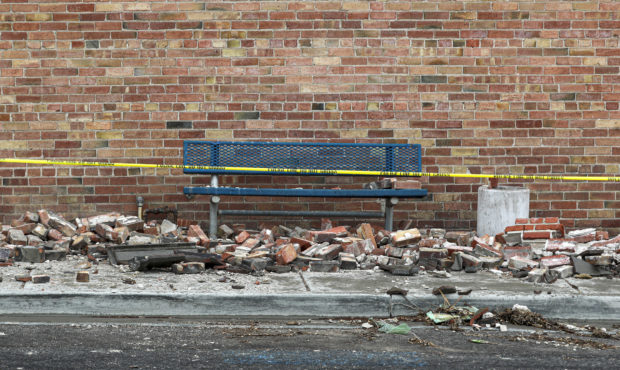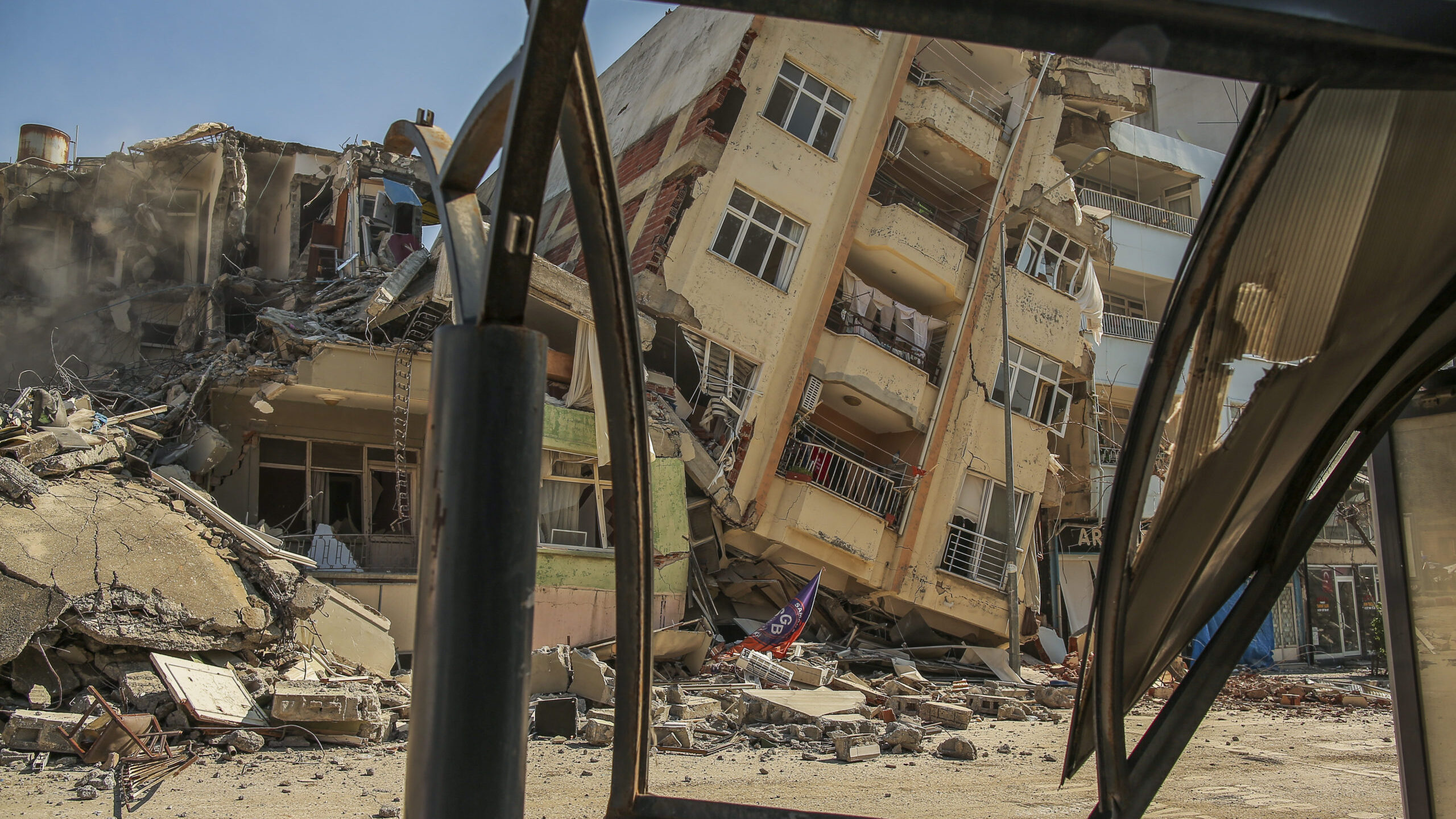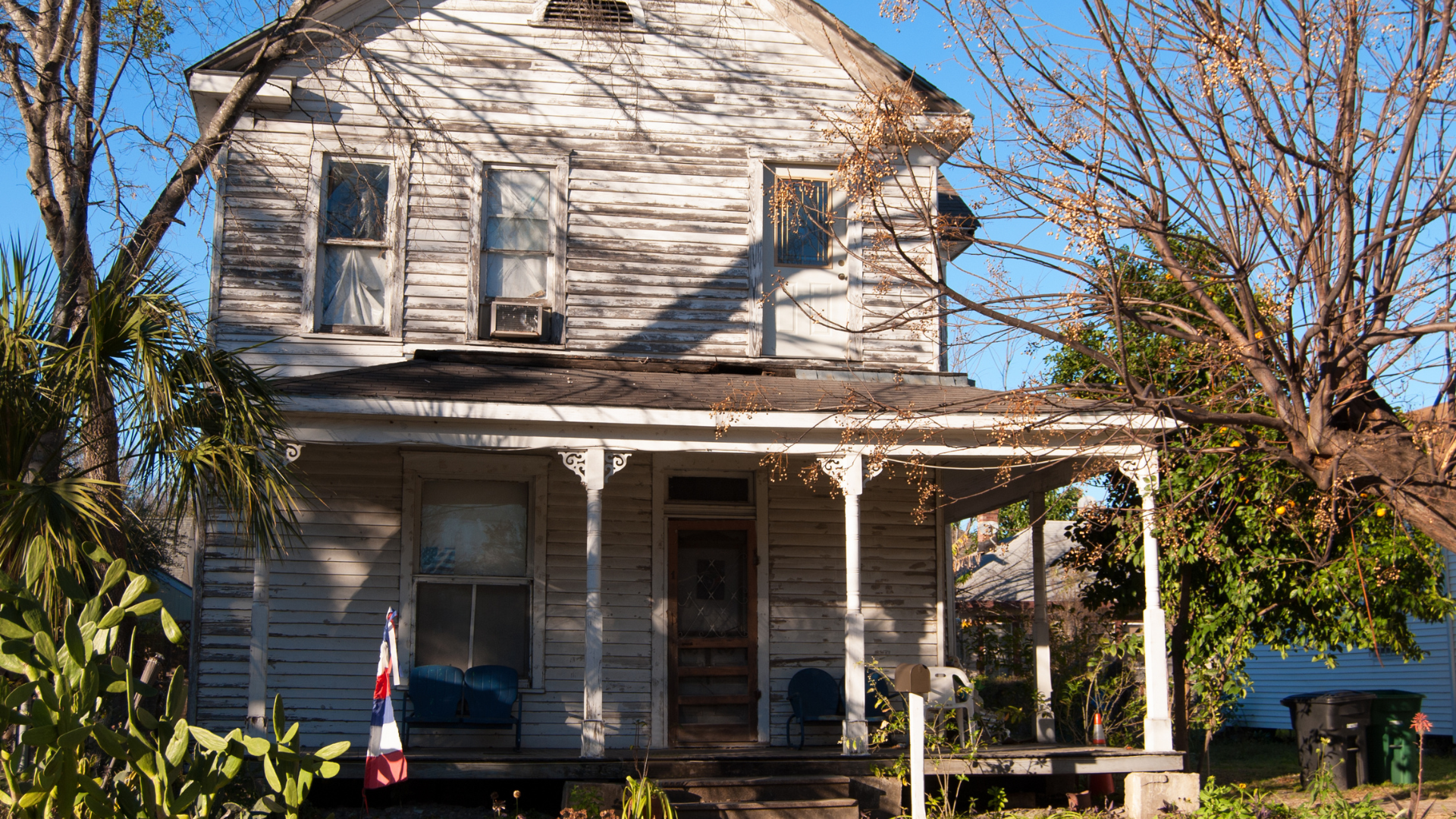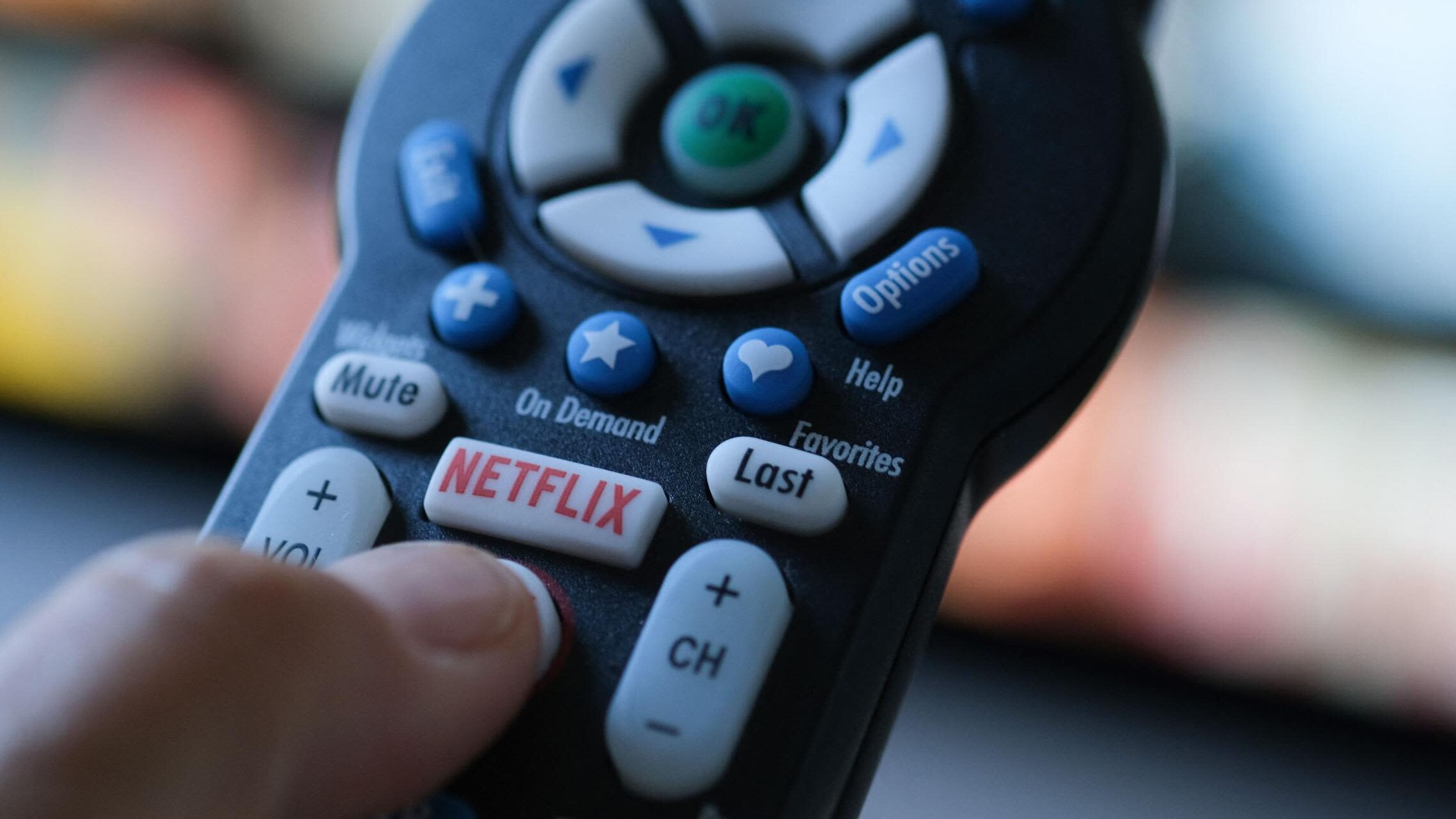Rising mental health needs colliding with worker shortage in Utah
Jun 1, 2022, 4:15 PM

FILE: (Photo: Getty Images)
(Photo: Getty Images)
SALT LAKE CITY — Mental health needs are slamming into a staffing shortage in Utah as the nation moves away from the pandemic phase of COVID-19.
Dr. Tom Golightly, assistant director-athletics for BYU Counseling and Psychological Services, joined KSL NewsRadio’s Dave Noriega and Debbie Dujanovic to dive into the cause of the shortage of mental health care.
“I feel for these parents, Dr. Tom, who are trying so desperately to do the right thing for their child, but they can’t find the help or they have a six-month waiting period. It’s a long time if your child is feeling the weight of the world on them,” Debbie noted.
Related: Fauci: the U.S. is no longer in pandemic phase
Golightly said the insurance for mental health can be expensive, but nonetheless, he urges parents to find the help their child needs.
“Obviously there’s a bias here. Go get the treatment anyway. If it’s a financial reason, find a way to get some help. Find a government program. Find a community or church program that might help you fund that,” he said.
Greater demand but fewer time slots
“COVID was the earthquake and now we’re being flooded by the tsunami.” That’s a statement that Dave said he heard from a therapist friend.
“Has there been an uptick in mental health care or have we just lost health care workers?” he asked Dr. Golightly.
“I think it’s a little bit of both. We are having a hard harder time finding people filling positions, but we’re seeing, through the pandemic, workers wanting to have a little bit more autonomy and control over their schedules,” he said.
He added that a few factors that are colliding now make mental health care harder to access.
“We know that even before the pandemic, up to 20% of individuals were exhibiting symptoms of mental health concerns, but fewer than half were seeking services,” he said.
“I think more people are seeking services now especially with telehealth being an option. Combine both of those factors and there’s fewer hours available and more people wanting the services.”
Telehealth counseling is good and bad
“Has telehealth played a significant role in being able to access folks that — I’m kind of thinking maybe rural communities — that don’t have nearly the access as we might have in the larger cities?” Dave asked.
“Yes. And it’s also a bit of a grind on psychotherapists, to be honest,” he replied.
Golightly said telehealth is effective and more patients are choosing that option because of the convenience, but it has its drawbacks.
“There’s something just a little bit different doing psychotherapy over Zoom or over other secure methods. The research shows that it’s effective, and it’s good, but if there’s an interpersonal component to this, that can be a little hard to treat via telehealth,” he said.
Golightly added both the surge in demand and virtual visits are taking a toll on therapists.
“We’re not taking breaks — ever. I mean, if you think about it, work is always there with you. . . . There’s just no downtime. The accessibility is a good thing, but it’s also got its downsides in other areas of our life,” he said.
Help is here:
University of Utah’s Huntsman Mental Health Institute (HMHI) Contact Center: 801-585-1212
Utah Crisis Line: 801-587-3000
1-800-273-8255 (TALK) [toll free] Open 24/7 for crisis, suicidal thoughts
Warm Line: 801-857-1055 (local)
833 – SPEAK UT (toll free)
Open 8 am to 11 pm for encouragement, support
National Suicide Prevention Hotline: 1-800-273-8255
Website: healthcare.utah.edu/hmhi
Related:
Mental health services expanding for children (and parents) in Utah
Mental health needs spike during pandemic, but help in Utah abundant, free
Dave & Dujanovic can be heard weekdays from 9 a.m. to noon. on KSL NewsRadio. Users can find the show on the KSL NewsRadio website and app, as well as Apple Podcasts and Google Play.













